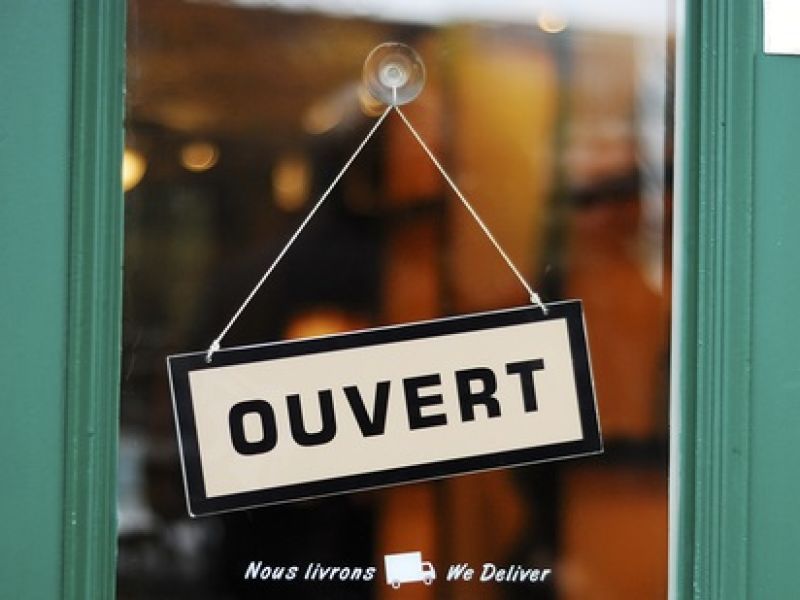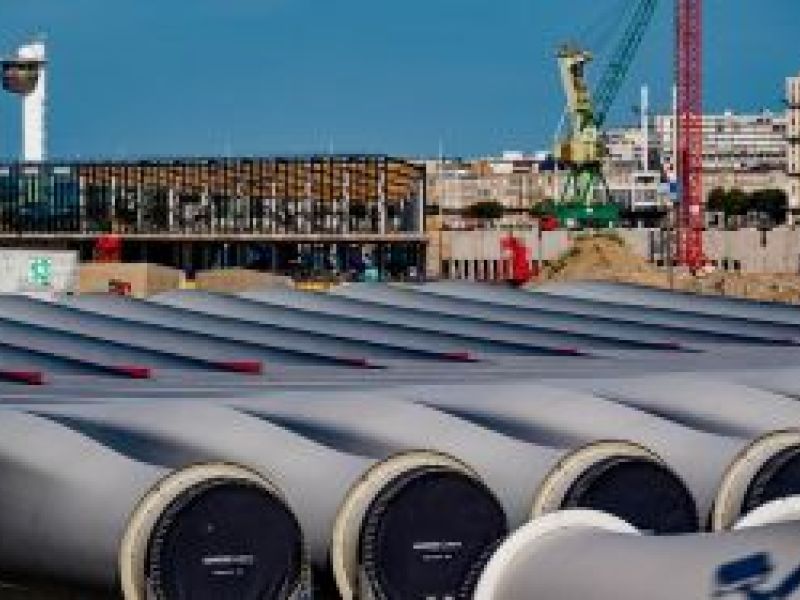Before the collapse of the French government last year, a new immigration law was already planned for 2025. Now the French President Emmanuel Macron has announced a new government, headed by newly named prime minister François Bayrou, we’re exploring this law below, along with another immigration law that was passed early in 2024, and what the current status of immigration law in France means for French businesses.
Immigration under Macron
The previous immigration law was actually passed three whole governments ago, under the Borne government. As a major manifesto commitment by President Emmanuel Macron, the law was one of the reasons for the downfall of that government, and the appointment of the Attal government. The law was initially rejected by the Assembly, and sent to a parliamentary committee, where the provisions it contained were actually strengthened before being sent back. This gained the approval of former National Rally leader Marine Le Pen, and it subsequently passed, coming into force in January 2024.
The 2024 law in its final form made a number of changes concerning foreign workers. As well as merging and renaming various talent visa or investment visa schemes, it also instituted a strict French language requirement, with different levels of French language proficiency required for different types of visa. For the newly created medical personnel visa, for instance, a high level of French proficiency would be required, something that employers are encouraged to contribute to.
Importantly, the burden of visa application and renewal for foreign workers (i.e. those from outside the EU and EEA) seeking a temporary residence permit has been shifted from employers to the workers themselves. Employees looking to secure a new, temporary one-year visa must now have been:
● Working in a field deemed as facing a labour shortage for at least 12 of the past 24 months
● Be working in one of these fields at the time of application; and
● Have proof of at least three years of uninterrupted residence in France prior to their application.
These visa applications also have ‘soft’ requirements which may be considered by the prefects authorising them. These include:
● How they and their families have integrated with French society
● Their ‘respect for public order’
● Not having committed any crimes
● How they have integrated into their French business; and
● Their adherence to French life, values and business culture.
While there are other visa opportunities for investors or people in specific fields, this law effectively blocks access to temporary one-year residence permits for a large subset of foreign workers if they were not already living in France for an uninterrupted three-year period. Their ability to continue to live in France is also contingent on there being a continuing shortage of workers in their field, assuming that they do not meet the criteria for another visa type or to apply for citizenship.
Where businesses were previously responsible for arranging work visas, the financial penalty for employing anyone without an appropriate visa has increased. They must now pay 30,000 euros for each employee without a visa—double the previous fine—and a 200,000 euro fine for mass employment of a group of workers without visas. In this way, the administrative burden for businesses has shifted from the actual cost of visa applications to the potential cost of noncompliance.
French immigration law in 2025
The new immigration law proposed under the previous short-lived prime minster Michel Barnier would be an extension of these changes, and was widely seen as a further concession to the growing influence of the far-right. The headline change that was leaked from the proposal is the ability to detain undocumented migrants for longer periods of time, allowing their status to be investigated more thoroughly, and potentially increasing the number of deportations.
Barnier also suggested that the provision of visas may be conditional on the number of people France was able to deport, and the speed at which this could take place. It would be contingent on other countries to provide the paperwork for undocumented migrants so that France could process them more quickly, thus freeing up immigration ‘capacity’ for documented migrants to enter the country.
The move to tighten up French immigration laws even further comes amidst a climate of similar laws around Europe. This includes the EU’s own Pact on Migration and Asylum, which was passed amidst some controversy in mid-2024 and due to come into effect in 2026. This included a suite of changes designed to unify the approach to migration and asylum across the bloc, including a combined asylum database, consistent processes for screening, processing and returns, and a solidarity framework, among others.
What impact will these changes have?
As with many immigration laws, the political and human impact of these changes will likely be greater than the tangible effect on businesses. While it’s true that the combined laws will act to limit temporary residence permits for non-EU workers, this only applies to short-term visas for skilled professions, and not the myriad other types of visa which still exist. French companies can still benefit from a range of longer-term visa options for talent, including the French Tech visa, the ‘talent residence permit’, salarié détaché ICT for branch managers, medical professional visa, and other permanent employee visas.
Importantly, French companies also continue to benefit from the surfeit of talent within the European Union, including millions of potential employees who can freely move to and work in France. This is alongside the wealth of talent within France, stemming from its range of world-class academic institutions, and the many industries in which it specialises, from precision engineering and manufacturing to its growing tech industry. As such, any shortfall in talent is unlikely—and would probably be addressed quickly by politicians were it to occur.
The French political landscape is also interesting in comparison to other major European and global economies. While the popularity of the National Rally may be concerning when it comes to economic and social stability, France also has a much stronger and more unified opposition to the party than exists in many other countries. As such, the chance of a strong majority government being formed by National Rally is fairly low, meaning that the status quo will probably be preserved for some years to come. Any further immigration laws are likely to be more for show than anything which would dramatically impact French businesses.
The latest shifts in government (and the immigration laws these have led to) represent jockeying for power and control, more than they represent any radical shift in policy or public sentiment. While further changes to immigration law can hardly be ruled out, it is fairly safe to say that the impact on French businesses will be less dramatic than the rhetoric around those laws would suggest. For more information about French visas, contact us on 0033 (0) 1 53 57 49 10.







